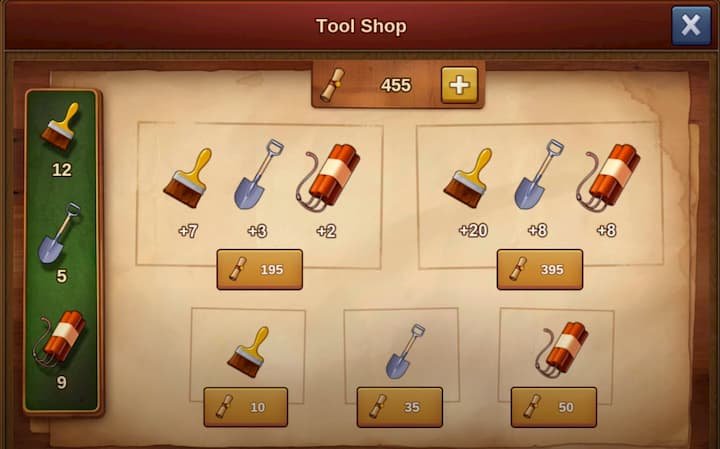



In spite of the cosmopolitan character of its empire, Carthage's culture and identity remained rooted in its Phoenician-Canaanite heritage, albeit a localised variety known as Punic.

All remnants of Carthaginian civilization came under Roman rule by the first century AD, and Rome subsequently became the dominant Mediterranean power, paving the way for its rise as a major empire. The Romans later founded a new city in its place. Carthage narrowly avoided destruction after the Second Punic War, and was destroyed by the Romans in 146 BC after the third and final Punic War. Following centuries of conflict with the Sicilian Greeks, its growing competition with Rome culminated in the Punic Wars ( 264– 146 BC), which saw some of the largest and most sophisticated battles in antiquity. This commercial empire was secured by one of the largest and most powerful navies in the ancient Mediterranean, and an army composed heavily of foreign mercenaries and auxiliaries, particularly Iberians, Balearics, Gauls, Britons, Sicilians, Italians, Greeks, Numidians, and Libyans.Īs the dominant power of the western Mediterranean, Carthage inevitably came into conflict with many neighbours and rivals, from the indigenous Berbers of North Africa to the nascent Roman Republic. Its extensive mercantile network reached as far as west Asia, west Africa and northern Europe, providing an array of commodities from all over the ancient world, in addition to lucrative exports of agricultural products and manufactured goods. Īmong the ancient world's largest and richest cities, Carthage's strategic location provided access to abundant fertile land and major maritime trade routes. By 300 BC, through its vast patchwork of colonies, vassals, and satellite states, held together by its naval dominance of the western and central Mediterranean Sea, Carthage controlled the largest territory in the region, including the coast of north-west Africa, southern and eastern Iberia and the islands of Sicily, Sardinia, Corsica, Malta, and the Balearic archipelago. In the seventh century BC, following Phoenicia's conquest by the Neo-Assyrian Empire, Carthage became independent, gradually expanding its economic and political hegemony across the western Mediterranean. Ĭarthage was settled around 814 BC by colonists from Tyre, a leading Phoenician city-state located in present-day Lebanon. Following the Punic Wars, Carthage was destroyed by the Romans in 146 BC, who later rebuilt the city lavishly. Founded by the Phoenicians in the ninth century BC, Carthage reached its height in the fourth century BC as one of the largest metropolises in the world and the centre of the Carthaginian Empire, a major power in the ancient world that dominated the western and central Mediterranean Sea. Carthage ( / ˈ k ɑːr θ ɪ dʒ/ KAR-thij) was a settlement in what is now Tunisia that later became a city-state and then an empire.


 0 kommentar(er)
0 kommentar(er)
